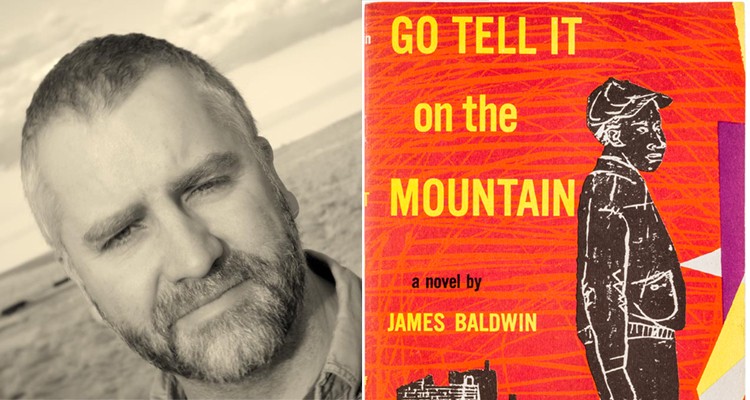okey-panky
Read Three Fantastic Flash Fiction Stories by Ah-reum Han

Read Three Fantastic Flash Fiction Stories by Ah-reum Han
FICTION: THREE BY AH-REUM HAN
Lunacy
It had been three full weeks since they’d last seen the moon, a chrome parenthesis dissolving into the predawn blue. Had they known, they might have stopped to look a bit longer.
The buttonmender started the rumor, said it was the new girl. She rides the moon, he whispered, and he could tell, because she wore space-powder like chaps on the insides of her thighs.
So every afternoon the villagers peered from their windows, watched her walk her pet sunflower, leash taut, as its ripe yellow petals strained for the light. Each footfall shed dust like cinnamon and chimed like bells. See? they protested, confirming the chink of spurs, Who knows what else she stole? But count as they might, they couldn’t find a single star missing to wish upon.
It was true; they had lived entire lives beneath the moon, not taking stock of the singular beauty of its scars: the dents and creases, the peaks and rifts, the slopes and valleys of its pale cheeks. They had never meditated the shadows of its face, never calculated the density of its flesh, never mapped the simple curvature of its body. Oh but now that it was gone how they longed for it in all its forms, blooming and withering from season to season, from the polished orb to the slim staple and the occasional eclipse, the rust-orange reflection burnishing the lake at their feet. They were sore from desire.
The women danced with loose hair and the children skipped pebbles on tides that never changed. They prayed to all the gods they could name, and their days grew long, seeping at last into the third month, though they had no way to know for sure.
Finally, arming themselves with fists and fire, they marched on the girl’s house. She left quietly that evening, following the sun over the horizon.
And, full of hope, the villagers stayed up all day waiting for moonrise.
The Blind Bride
At a café in downtown Masterton, the rest of the girls treat themselves to waffle sandwiches while the bride’s eating baked kumara out of tinfoil, counting down the hours to the wedding night. She peels back the red skin, and when she lifts the naked root to her mouth, her fresh manicure makes crescent tallies on the softened torso.
She swears by all eleven pounds she’s lost on kumara and horse chestnuts this week that he’s never seen her naked really, and, mouths full, the girls raise their brows and bob their heads, and idly count the squares on their waffles, the buttered panes dampening their palms.
The bride admits she’s studied his bare chest before, and his belly button does sit a little to the left. And as she deliberates on the shape and meat of his forearms, she speculates too upon the features of their child — perhaps three, maybe five — blonde hair, black eyes, button nose. Yes, she says, Yes.
They finish their lunch, and the bride, blushing, recounts the days leading up to this very night that they practiced sleeping in the same bed. In her parents’ bedroom, fully clothed and wide-eyed, they lay perfectly still, brushing fingertips, careful not to breathe too loud in the dark.
The Bitiko
1. Old Tapha’s bitiko is like every other corner shop in Darsilami, an eight-by-six coop of shelved walls and chicken wire, goods stacked all around: sweet mints, dried juice, boiled eggs, soap cubes, fresh bread, tea leaves, and the coldest Cokes in the village, guaranteed.
2. For five dalasis, he will pull a glass bottle from the meat freezer. Always, a slight pane of bloody ice left on the curves.
3. No, he did not always live alone in the small room behind his bitiko, which sits under a mango tree that does not belong to him.
4. In the rainy season, when business slows, ripe mangoes drop on the roof, startling him from his musings. Sometimes, a child falls instead. There’s a flame tree outside his window in the shape of a praying nun. Flames do not fall from this tree.
5. Tapha takes inventory every night on plain paper, though in July when supply trucks spin furrows into the unpaved roads, there’s little to do but draw new lines and wait.
6. A good vendor never eats his own wares, but a good man always makes exceptions. During thunderstorms, he sips warm Coke in front of his window, bare ankles crossed on the ledge. Soon, the stormy night lights up the sky, the tree, his face.
7. First kisses clutter the sandcastle, a church drowned in the dunes. On clear nights, teens wade to the top with stolen drinks, watch closely as red taillights — the merchants, the visitors, the locals, the lost — are doused by night. For luck, they shatter empty bottles on the rocks below.
8. It’s a long way to Darsilami by foot, bike, or gelle-gelle, and the travelers are always thirsty.








